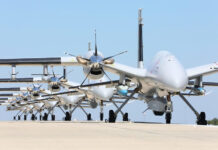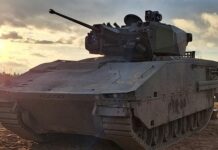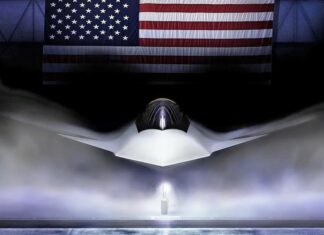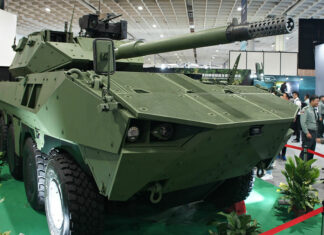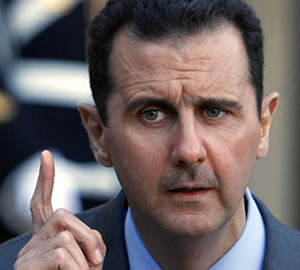
The annual assessment of the world’s military power published last week by the International Institute of Strategic Studies (IISS) provides a fresh look at the deteriorating military situation in Syria; in the annual publication The Military Balance 2013 IISS tries to assess the state of the Syrian Army, decimated through almost two years of civil war in Syria.
Across that country, ethnic and sectarian faultlines have deepened. It is likely that government capability and support will further diminish. From a notional strength of 220,000, the Syrian army’s effective strength had fallen by autumn 2012 to about half that number. Essentially, the regime could only be certain of the loyalty of the mainly Alawite Special Forces, the Republican Guard, and the elite 3rd and 4th Divisions – perhaps 50,000 troops in total. The cumulative effect of defections, desertions, battlefield losses and damage to morale will weigh heavily in determining the outcome of the conflict.
External support for the rebels is increasing, in terms of non-lethal assistance, funding for weapons procurement and, possibly in the near future, overt foreign supply of combat-capable equipment. They are now able to acquire some limited capabilities from foreign sources. Though a notionally united opposition emerged after talks in Qatar last November, concern persists about the sheer number of rebel groups, their aims, and the presence of jihadists. While the rebels’ capability is increasing, the embattled Assad regime is aware of two things: on the one hand, the many rebel groups share a common objective to remove it; but on the other hand, they share little else, are disunited and un-coordinated. Instances of rebel-on-rebel violence have been seen, as have confrontations between rebel forces and ethnic militias.
The Assad regime is also aware that direct foreign intervention remains unlikely, so long as no red lines are crossed, for example through the use of chemical weapons. Syria will not be another Libya. But events in that country will provoke concerns about the aftermath of a regime collapse. A year and a half after the fall of Muammar Gadhafi, many Libyan rebel groups have still to disarm. If Assad falls, there will be considerable focus among regional states and international actors about the intent of armed groups and the fate of government and rebel weapons. There is a considerable risk that a rapid end to the conflict is likely to be as destabilising as its prolongation.

